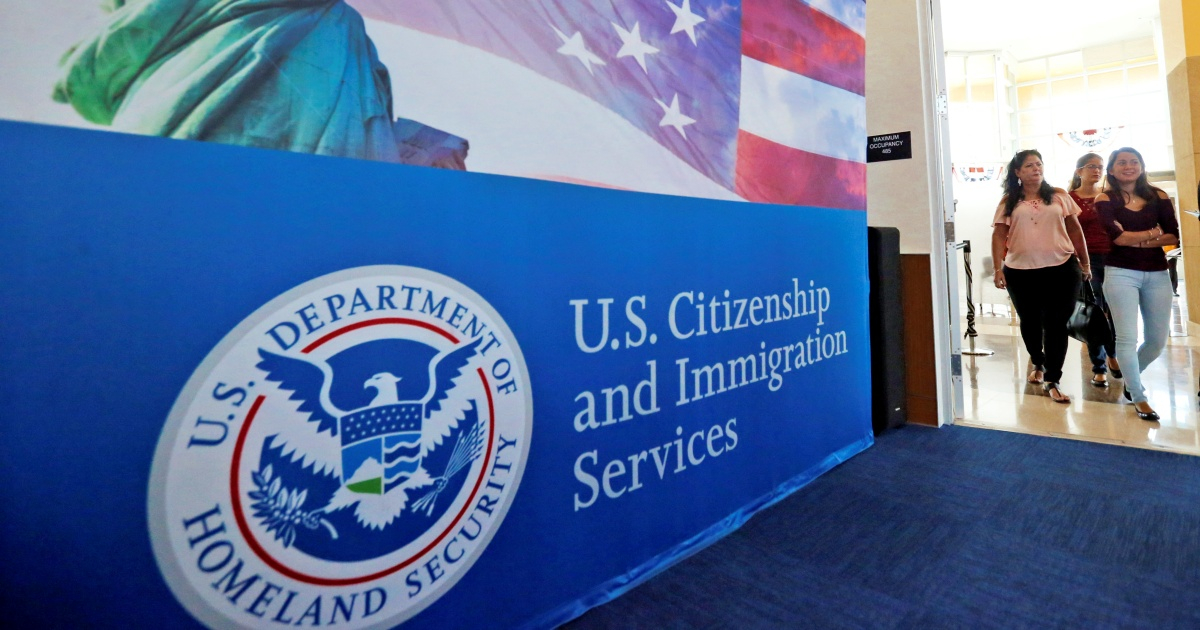A federal judge in Texas has temporarily halted the Parole in Place (PIP) immigration program, which allows undocumented immigrant spouses of U.S. citizens who meet certain criteria to obtain a pathway to citizenship. The decision was made by Texas District Judge J. Campbell Barker, who issued an administrative stay after 16 states, led by Republican attorneys general, filed a lawsuit on August 23, arguing that the policy encourages illegal immigration.
Judge Barker noted that the claims raised are serious and warrant a deeper analysis, which the court has not yet been able to conduct. The pause came just a week after the Department of Homeland Security (DHS) began accepting applications on August 19. The order will suspend the program for at least 15 days while the legal process continues.
Attorneys representing eligible families confirmed that several had already been notified of the receipt of their applications before the suspension. Karen Tumlin, founder and director of the Justice Action Center, criticized the decision, arguing that "Texas should not have the power to decide the fate of hundreds of thousands of American citizens and their immigrant spouses without facing reality."
President Joe Biden had announced the Parole in Place program in June. The PIP offers undocumented spouses of U.S. citizens who meet certain requirements a way to obtain citizenship by applying for a green card, allowing them to stay in the United States during the process.
Eligibility and Application Process
Previously, obtaining residency for those who were in the country illegally after marrying a U.S. citizen was a complex and risky process, often requiring a return to their country of origin with no certainty of reentry into the United States. To be eligible, applicants must have been continuously present in the United States for at least 10 years, pose no security threat, have no disqualifying criminal record, and be married to a U.S. citizen as of June 17 of this year.
Applicants must pay a fee of $580 and complete a form (I-131F) that includes an explanation of why they deserve parole, along with extensive documentation confirming their continuous presence in the country. If the application is approved by the DHS, petitioners will have three years to achieve permanent residency and may obtain work authorization during this period. The White House estimates that approximately 500,000 people could be eligible for this program, along with about 50,000 of their children.
Before this initial temporary pause, the program had already faced uncertainties and risks, including whether it would survive future presidential elections.
Frequently Asked Questions About Parole in Place Suspension
Given the recent suspension of the Parole in Place program, many are left with questions regarding its future and implications. Here are some frequently asked questions and their answers:
Why was the Parole in Place program suspended?
The program was suspended following a lawsuit filed by 16 states led by Republican attorneys general, arguing that the policy encourages illegal immigration.
How long will the suspension of the Parole in Place program last?
The suspension is currently set for at least 15 days while the legal process continues.
Who is eligible for the Parole in Place program?
Eligible applicants are undocumented spouses of U.S. citizens who have been continuously present in the United States for at least 10 years, pose no security threat, have no disqualifying criminal record, and were married to a U.S. citizen as of June 17 of this year.
What are the requirements for applying to the Parole in Place program?
Applicants must pay a fee of $580, complete a form (I-131F), and provide extensive documentation confirming their continuous presence in the United States.
